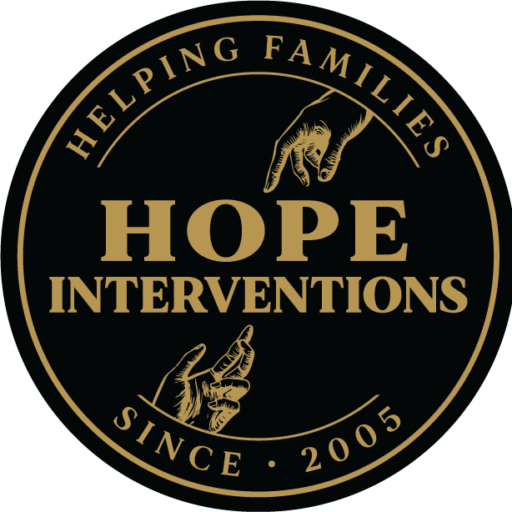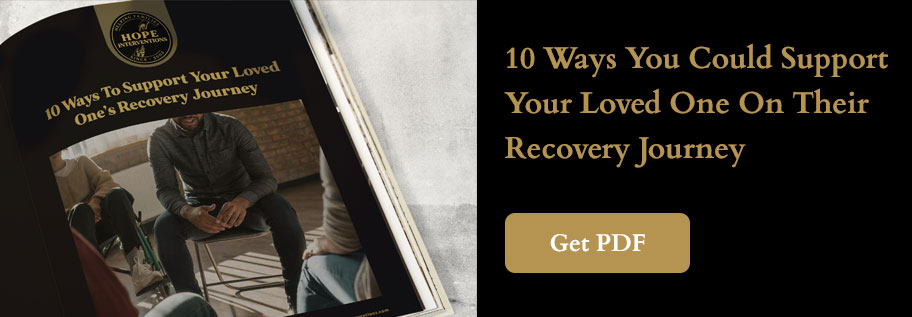When a loved one is struggling with drug or alcohol addiction, families often turn to a professional intervention specialist for help. But with so many providers available, how do you know which one is right for your family?
This ultimate guide will walk you through what to look for, what to avoid, and how to choose an intervention specialist who can guide your family toward hope and recovery.
Why Hiring an Intervention Specialist Matters
Attempting an intervention without professional guidance can quickly spiral into conflict or denial. Intervention specialists bring:
- Training and expertise in addiction dynamics.
- Structure and neutrality during emotionally charged conversations.
- Resources and treatment connections to guide individuals into care.
- Support for families before, during, and after the intervention.
Hiring the right professional significantly increases the likelihood of treatment acceptance.
Qualities to Look for in an Intervention Specialist
- Credentials and Training
- Look for certifications such as Certified Intervention Professional (CIP) or related addiction counseling credentials.
- Look for certifications such as Certified Intervention Professional (CIP) or related addiction counseling credentials.
- Experience
- Specialists with years of experience have handled many different family dynamics and addiction scenarios.
- Specialists with years of experience have handled many different family dynamics and addiction scenarios.
- Approach and Philosophy
- Some use confrontational methods, while others emphasize compassion and collaboration. Choose an approach that aligns with your family’s values.
- Some use confrontational methods, while others emphasize compassion and collaboration. Choose an approach that aligns with your family’s values.
- Treatment Network
- A good interventionist should be able to connect your loved one with reputable treatment centers, detox programs, and recovery resources.
- A good interventionist should be able to connect your loved one with reputable treatment centers, detox programs, and recovery resources.
- Aftercare Support
-
- The best specialists don’t stop at the intervention. They provide ongoing family guidance to support long-term recovery.
- The best specialists don’t stop at the intervention. They provide ongoing family guidance to support long-term recovery.
Questions to Ask Before Hiring
- What is your training and certification?
- How many interventions have you conducted?
- What is your approach to family involvement?
- Do you provide aftercare support?
- What are your fees, and what does that include?
- Can you provide references or success stories?
Red Flags to Avoid
- Guarantees of success (no one can promise outcomes).
- Lack of transparency about costs or process.
- No credentials or vague background information.
- High-pressure tactics or judgmental attitudes.
Understanding Costs
In the US, professional intervention services typically range from $2,000 to $10,000, depending on the provider, location, and level of support. Families should weigh this against the long-term financial and emotional cost of untreated addiction.
How to Make the Final Decision
- Choose someone who makes your family feel heard and supported.
- Ensure their values and communication style align with yours.
- Look for clear communication, transparency, and compassion.
- Trust your instincts—if something feels “off,” keep searching.
Conclusion
The right intervention specialist can transform a moment of crisis into the beginning of healing. By carefully evaluating credentials, approach, and family fit, you’ll find a professional who not only leads an effective intervention but also supports your loved one’s long-term recovery.
At Hope Interventions, we pride ourselves on combining compassion, expertise, and structure to guide families through every step of the intervention process.

